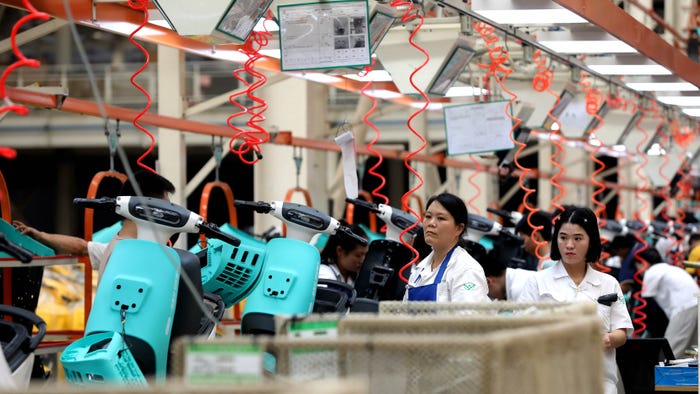AI Expert Predicts 99% Unemployment Rate by 2030, Urges Action

Professor Roman Yampolskiy, a noted AI safety pioneer, has raised alarms about the potential for automation to render 99% of workers unemployed by 2030. Yampolskiy, who teaches at the University of Louisville, argues that even traditionally secure jobs, including coding and prompt engineering, are at risk of being automated. His comments come in the wake of rapid advancements in artificial intelligence technologies that could disrupt the labor market in unprecedented ways.
During a recent episode of the podcast Diary of a CEO, Yampolskiy asserted that the arrival of artificial general intelligence—machines capable of human-like reasoning and problem-solving—could occur as early as 2027. He believes that within just three years, the job market could experience a collapse unlike any seen before. “In five years, we’re looking at levels of unemployment we’ve never seen before,” he stated. “Not talking about 10%, which is scary, but 99%.”
Yampolskiy elaborated on the implications of AI advancements, suggesting that automation could become cost-effective across nearly all sectors. He stated, “If I can just get a $20 subscription or a free model to do what an employee does, hiring humans might become uneconomical.” According to him, the automation of physical labor through humanoid robots is only about five years behind the automation of tasks currently performed on computers.
The professor emphasized that if his predictions materialize, entire occupations—including analysts, accountants, teachers, and even podcasters—could be replaced by software. He specifically noted that jobs once considered future-proof, such as coding and prompt engineering, may not escape this wave of automation. “AI is way better at designing prompts for other AIs than any human,” Yampolskiy remarked, underscoring the speed at which AI could outpace human capabilities.
Yampolskiy further contended that retraining programs would be ineffective in a world where virtually all jobs are automated. “All jobs will be automated, then there is no plan B. You cannot retrain,” he stated. He expressed concern that governments are ill-prepared for the economic and social challenges posed by mass unemployment.
The potential consequences extend beyond financial instability. Yampolskiy pointed out that many people derive a sense of meaning and identity from their work. “What do we do financially? Who’s paying for us?” he questioned, highlighting the deeper existential crisis that could arise if large swathes of the population find themselves without employment. “For a lot of people, their jobs are what give them meaning in their lives. So they would be kind of lost,” he added.
While Yampolskiy’s assertions have captured attention, they represent a more dire outlook than many other tech leaders and AI researchers. For instance, Adam Dorr from the think tank RethinkX has predicted significant job losses by 2045, but anticipates that some fields, such as sex work and politics, may be less affected.
Similarly, Geoffrey Hinton, often referred to as the “Godfather of AI,” acknowledges that while “mundane intellectual labor” like call-center work is at risk, manual jobs such as plumbing are less likely to be automated. Dario Amodei, CEO of Anthropic, has suggested that up to half of all entry-level office jobs could disappear within five years. Meanwhile, Sam Altman from OpenAI is optimistic that society will adapt and create new roles in response to these changes.
In contrast, Jensen Huang of Nvidia and Yann LeCun from Meta maintain a more hopeful perspective, arguing that AI will transform job roles rather than eliminate them entirely.
As the debate continues, the call for proactive measures to address the potential ramifications of widespread automation becomes increasingly urgent. The conversation surrounding the future of work raises critical questions about economic stability, societal values, and the essence of human purpose in a rapidly changing world.






